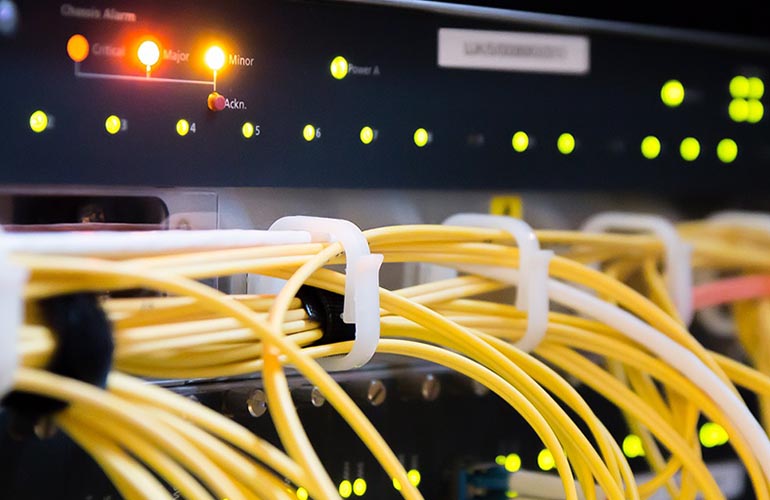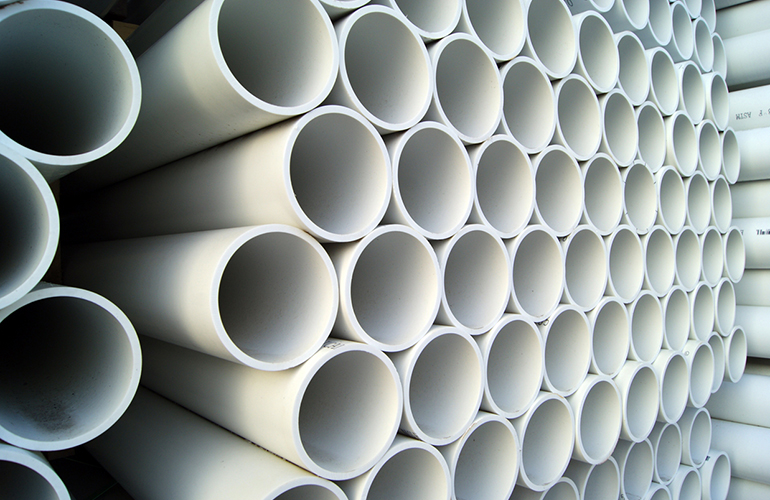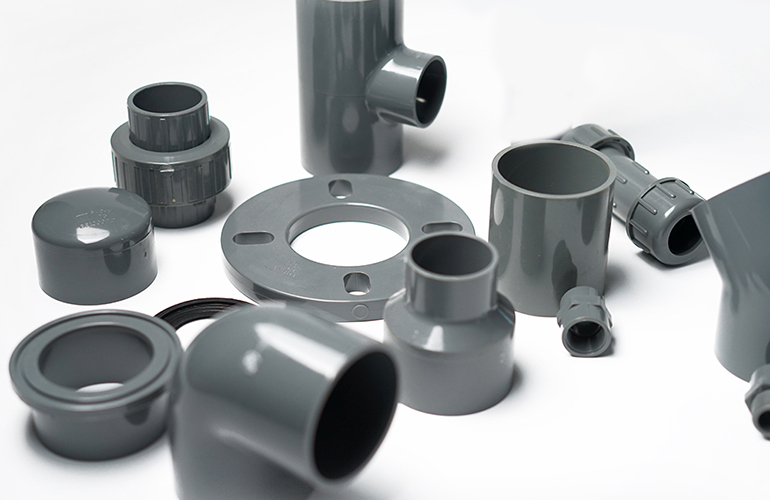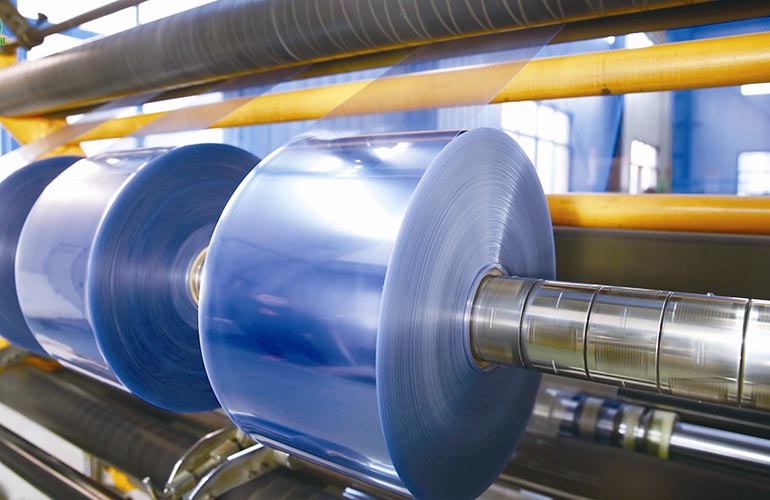PVC hoses are versatile and widely used in various industries for their excellent properties and affordability. In this article, we will explore the basics of PVC hoses, their applications, and their advantages.
What is PVC ?
Polyvinyl chloride (PVC) is a synthetic thermoplastic polymer widely used in the manufacturing of diverse products, including hoses. It is made from the polymerization of vinyl chloride monomers. PVC is known for its durability, chemical resistance, and ease of processing, making it a popular material choice for hoses.
Properties of PVC Hoses:
Flexibility: PVC hoses are highly flexible, making them easy to handle and install in confined spaces. They can be bent and twisted without losing their structural integrity.
Chemical Resistance: PVC hoses exhibit resistance to a wide range of chemicals, acids, oils, and alkalis, allowing them to be used in various industrial applications where corrosive substances are present.
Lightweight: PVC hoses are lightweight compared to other alternatives like rubber hoses. This makes them easier to transport, handle, and maneuver, especially in applications where weight is a crucial factor.
Temperature Resistance: PVC hoses have good temperature resistance, enabling them to withstand a wide range of temperatures depending on the specific formulation. This makes them suitable for both high and low-temperature applications.
Applications of PVC Hoses:
Water Transfer: PVC hoses are commonly used for water transfer applications in irrigation, gardening, construction sites, and domestic settings. They are well-suited for conveying water efficiently and safely.
Air and Gas Supply: PVC hoses are used for the supply of compressed air and gases in pneumatic systems, workshops, and industrial settings. Their flexibility and lightweight nature make them an ideal choice for such applications.
Chemical Transfer: Due to their excellent chemical resistance, PVC hoses are extensively used for transferring various chemicals, acids, and alkalis safely. They find applications in industries such as chemical manufacturing, agriculture, and food processing.
Vacuum Systems: PVC hoses are employed in vacuum systems where suction is required, such as in vacuum cleaners, industrial machinery, and dust collection systems.
Advantages of PVC Hoses:
Cost-Effective: PVC hoses are generally more affordable than alternative hose materials without compromising on performance. This makes them a cost-effective choice for many applications.
Low Maintenance: PVC hoses are relatively low maintenance, requiring little upkeep compared to hoses made from other materials. They are resistant to mold, mildew, and UV degradation, contributing to their longevity.
Ease of Installation: PVC hoses are easy to install, thanks to their flexibility and lightweight nature. They can be cut to the desired length and fitted with various connectors or couplings for a secure connection.
Versatility: PVC hoses come in various sizes, lengths, and configurations, making them versatile for a wide range of applications. Whether you need a small diameter hose for domestic use or a larger diameter hose for industrial purposes, PVC hoses can meet your requirements.
Conclusion:
PVC hoses are an essential component in many industries due to their versatility, cost-effectiveness, and excellent properties. From water transfer to chemical handling, PVC hoses provide reliable performance while offering ease of handling and installation. Consider PVC hoses for your next hose application, and experience their numerous benefits firsthand.
Post time: Jul-10-2023








